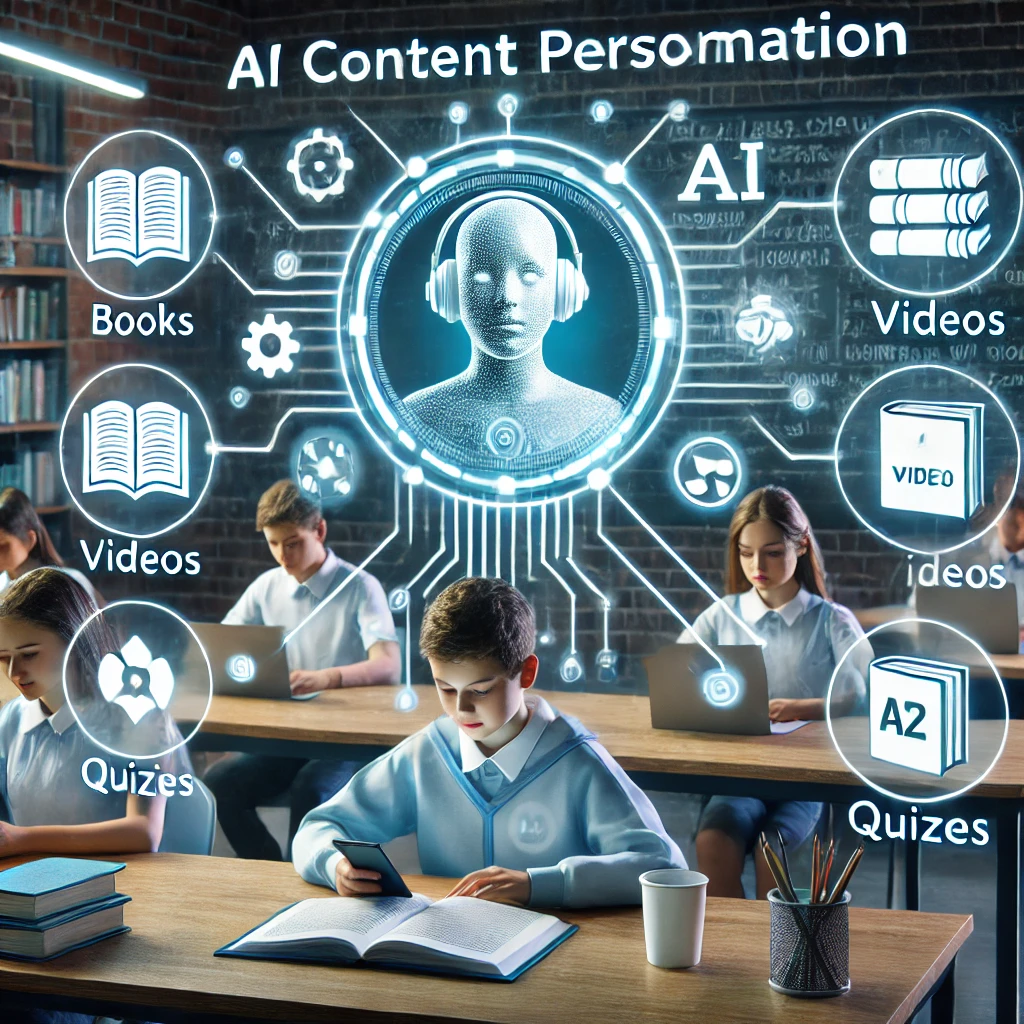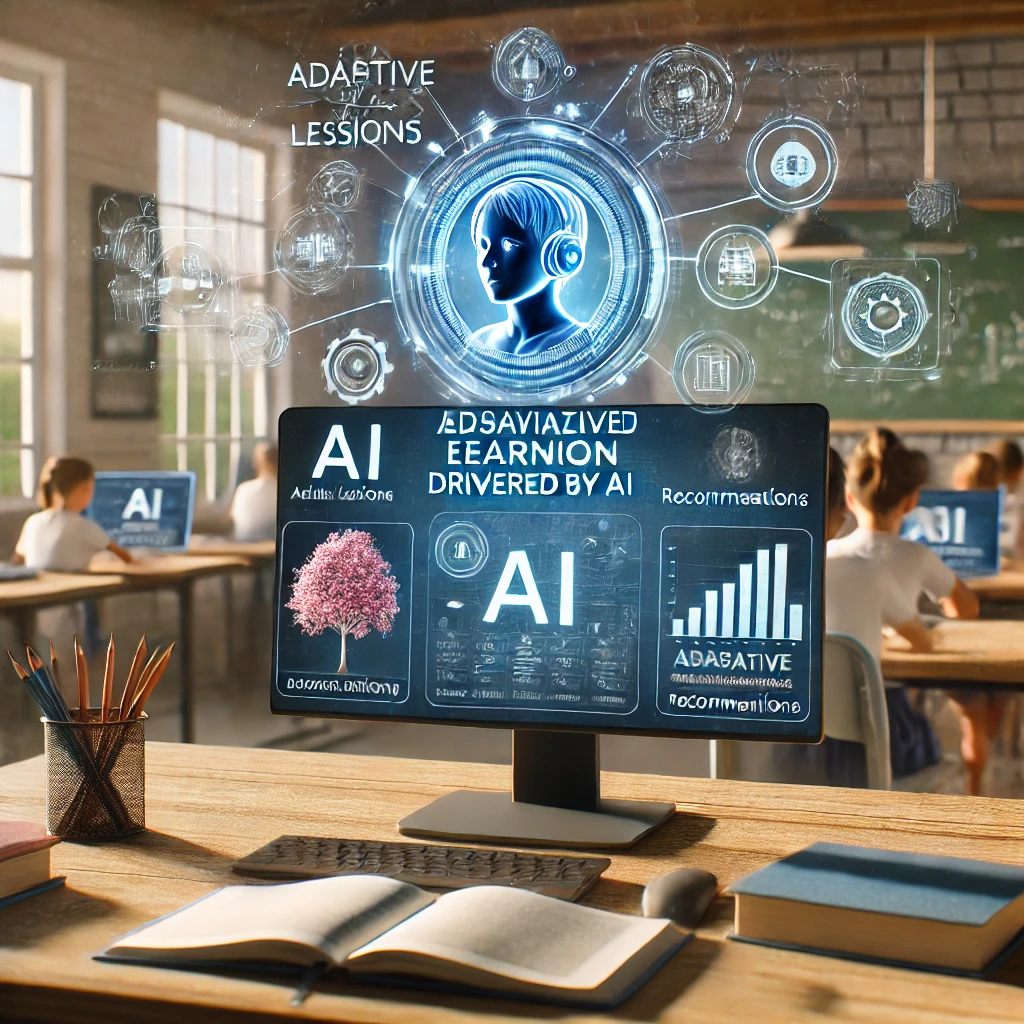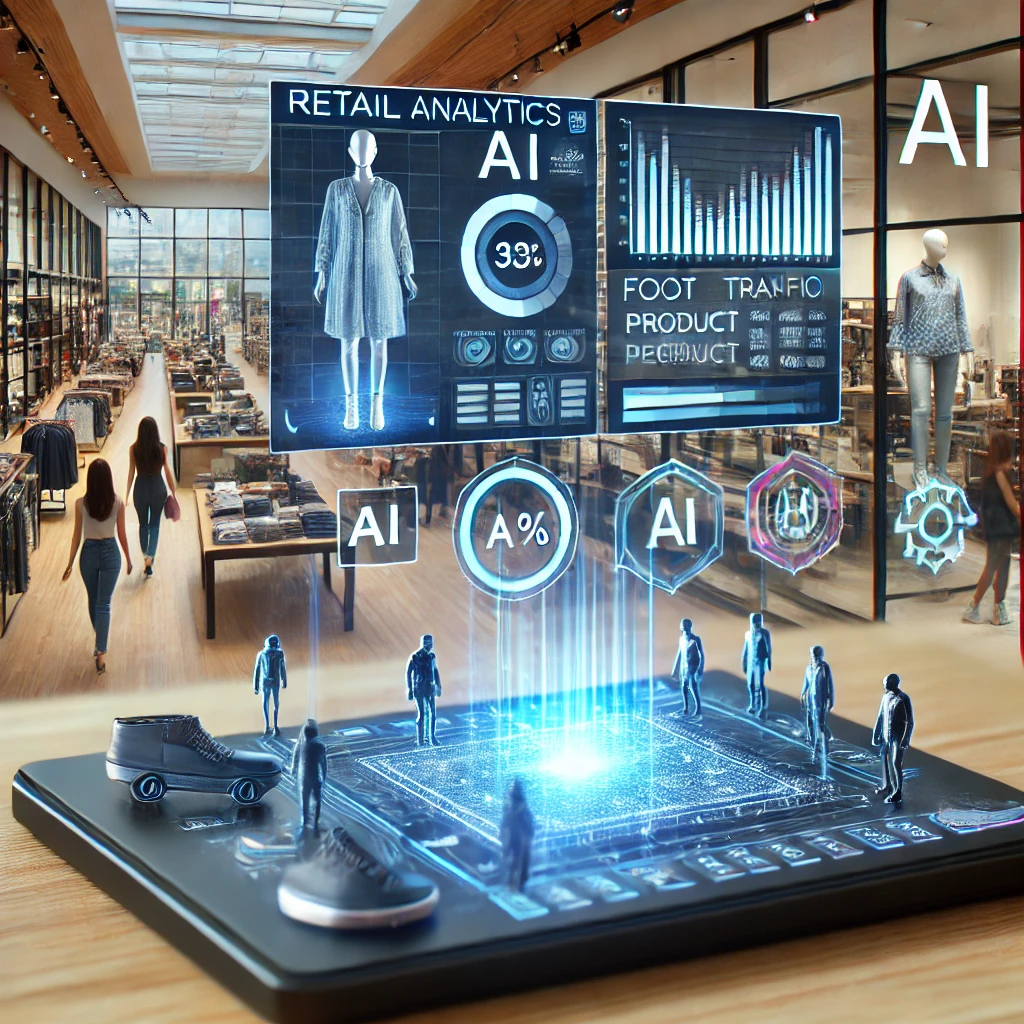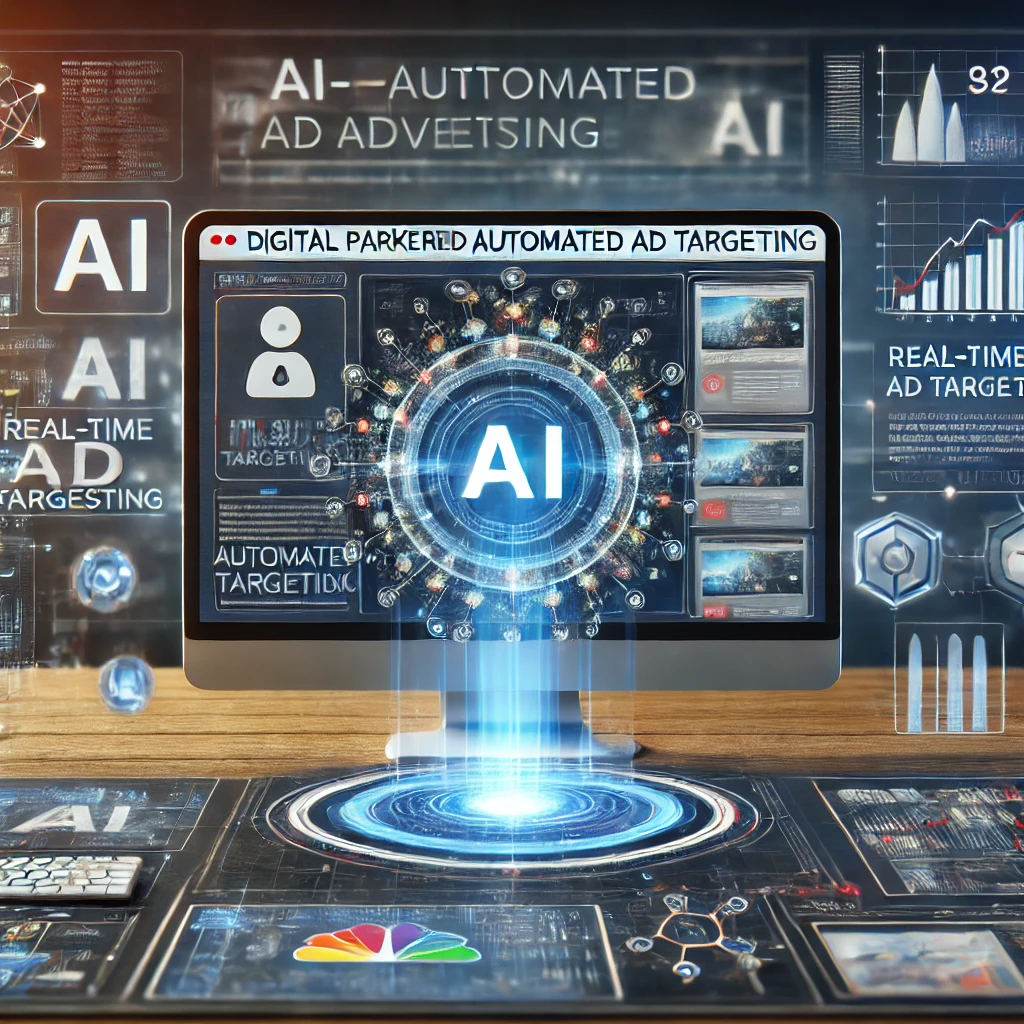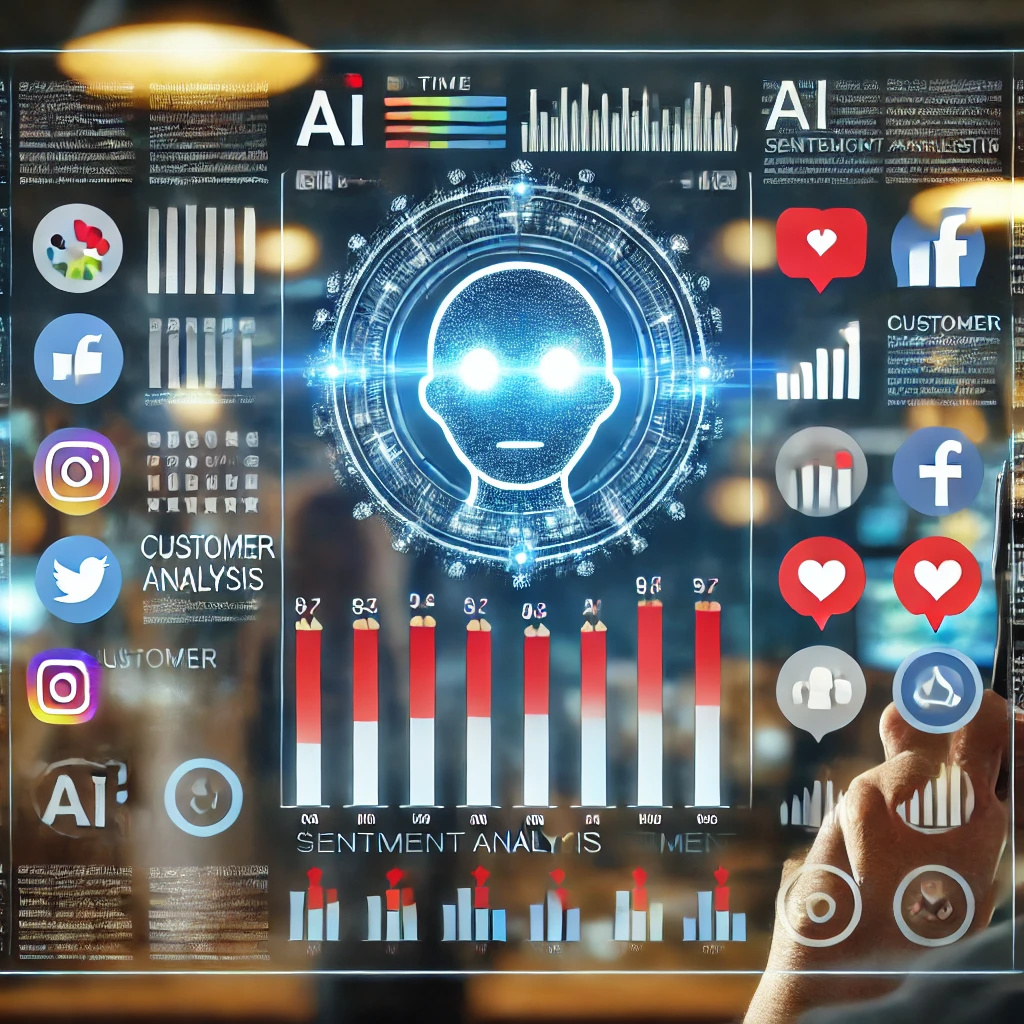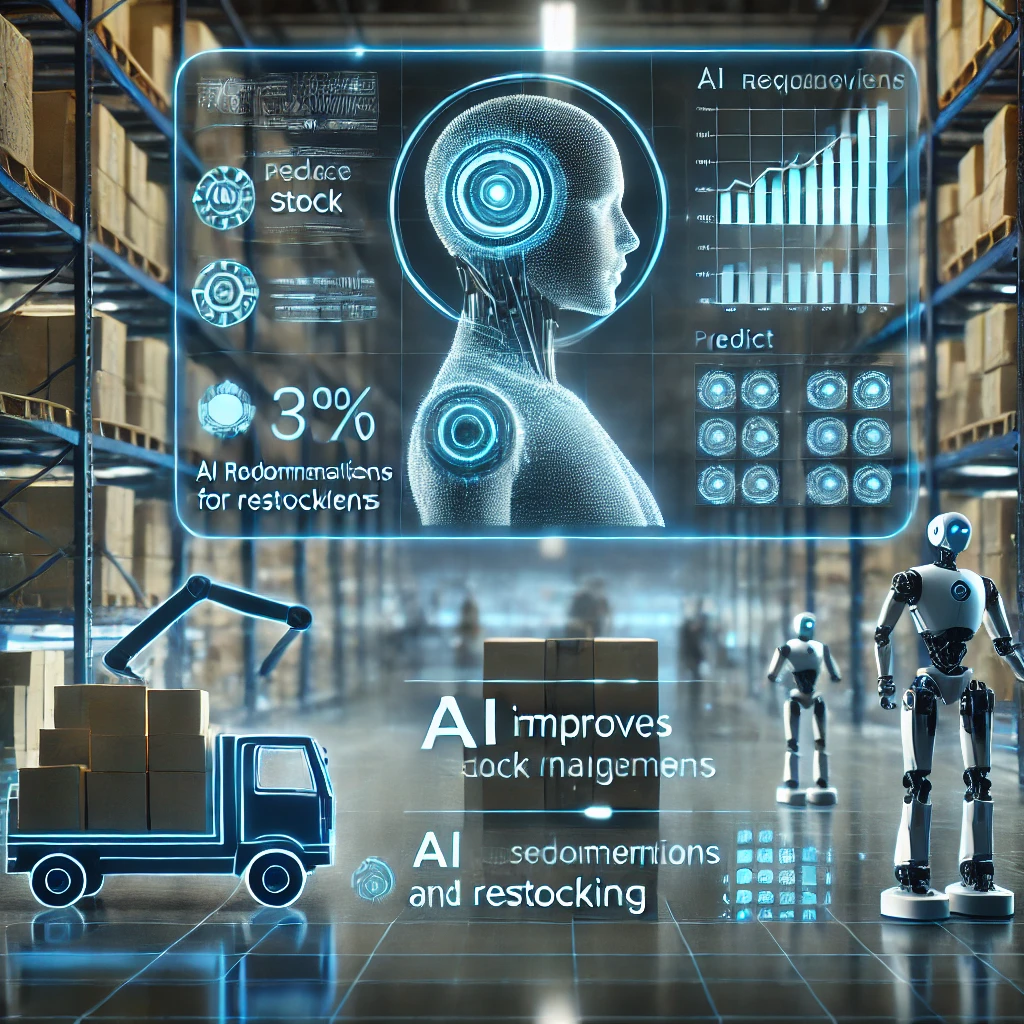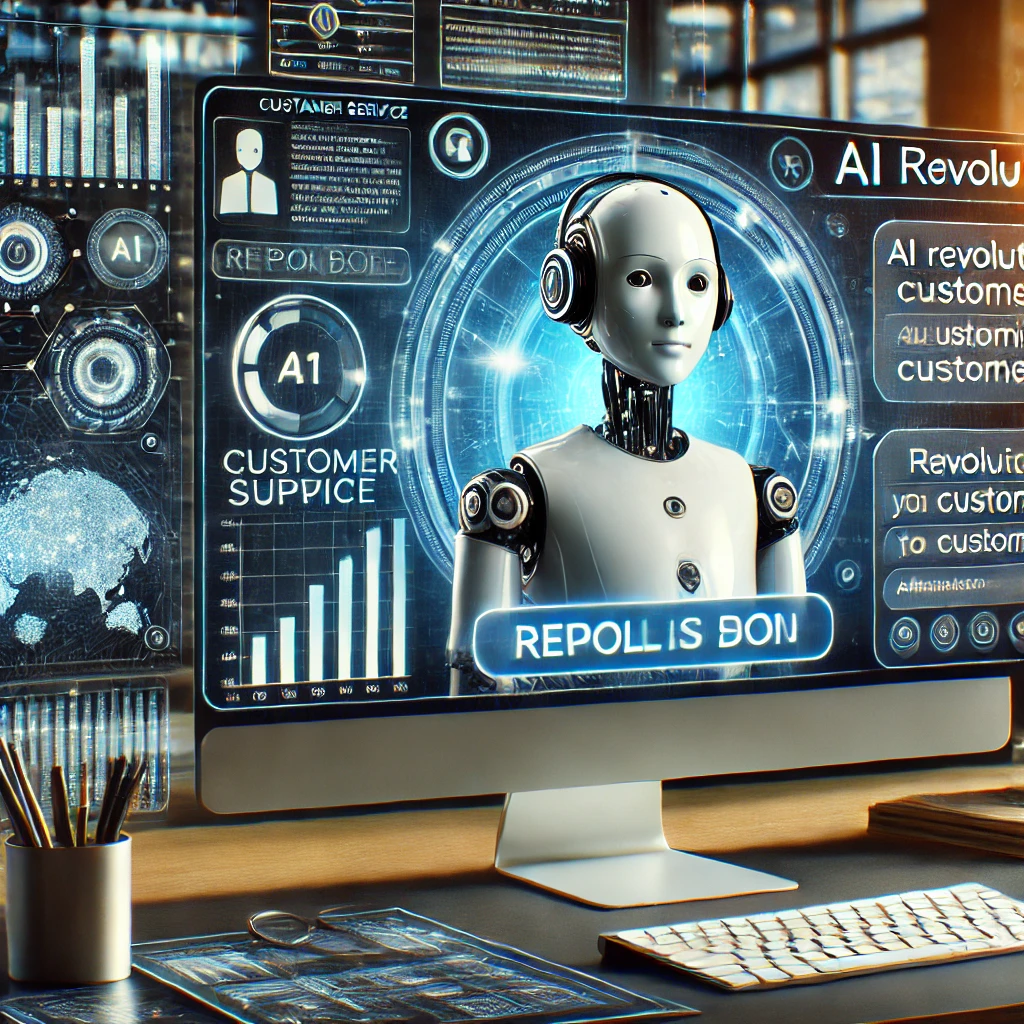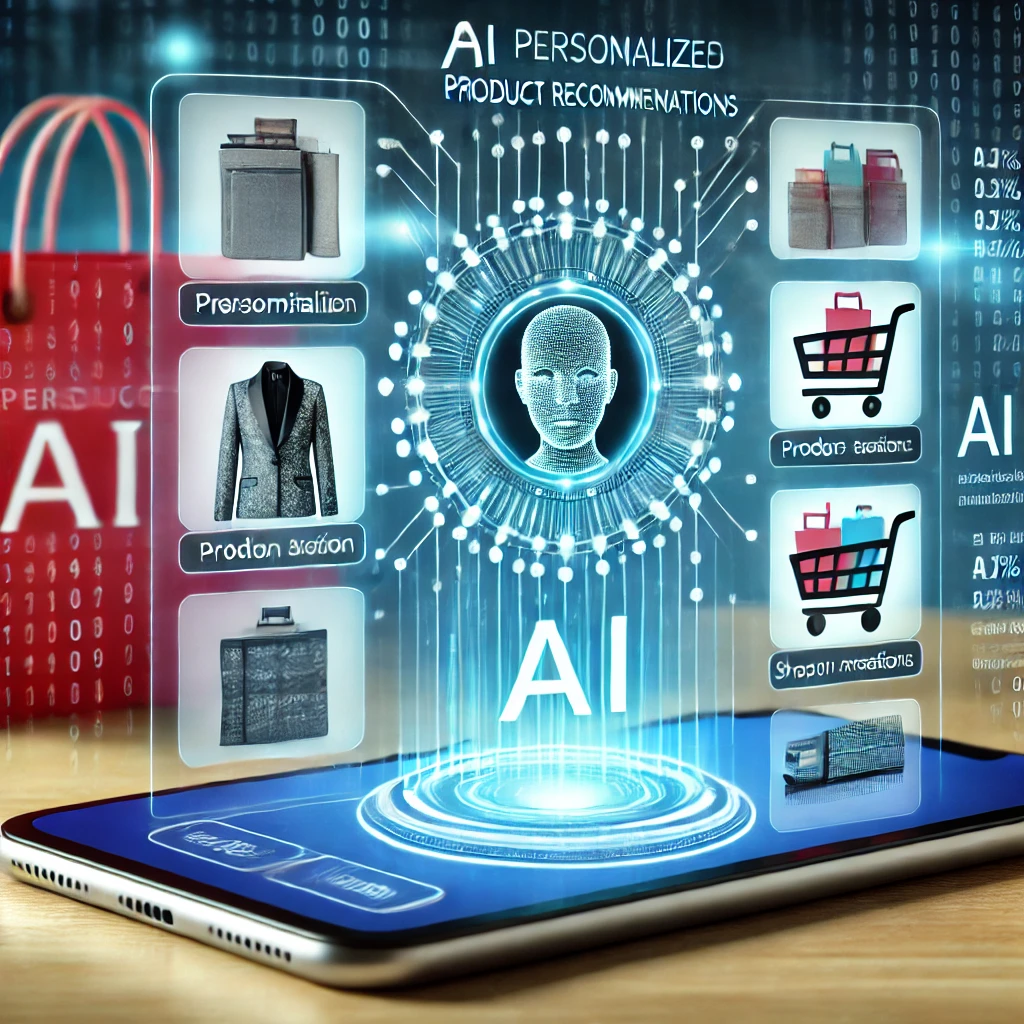Content Recommendation Systems: How AI is Revolutionizing Personalized Learning
AI-powered content recommendation systems are transforming education by personalizing learning experiences based on student performance. These systems analyze data to suggest study materials tailored to individual needs, leading to improved engagement, motivation, and academic outcomes. However, challenges such as data privacy, bias, and over-reliance on technology must be addressed to ensure ethical and effective use of AI in education.

